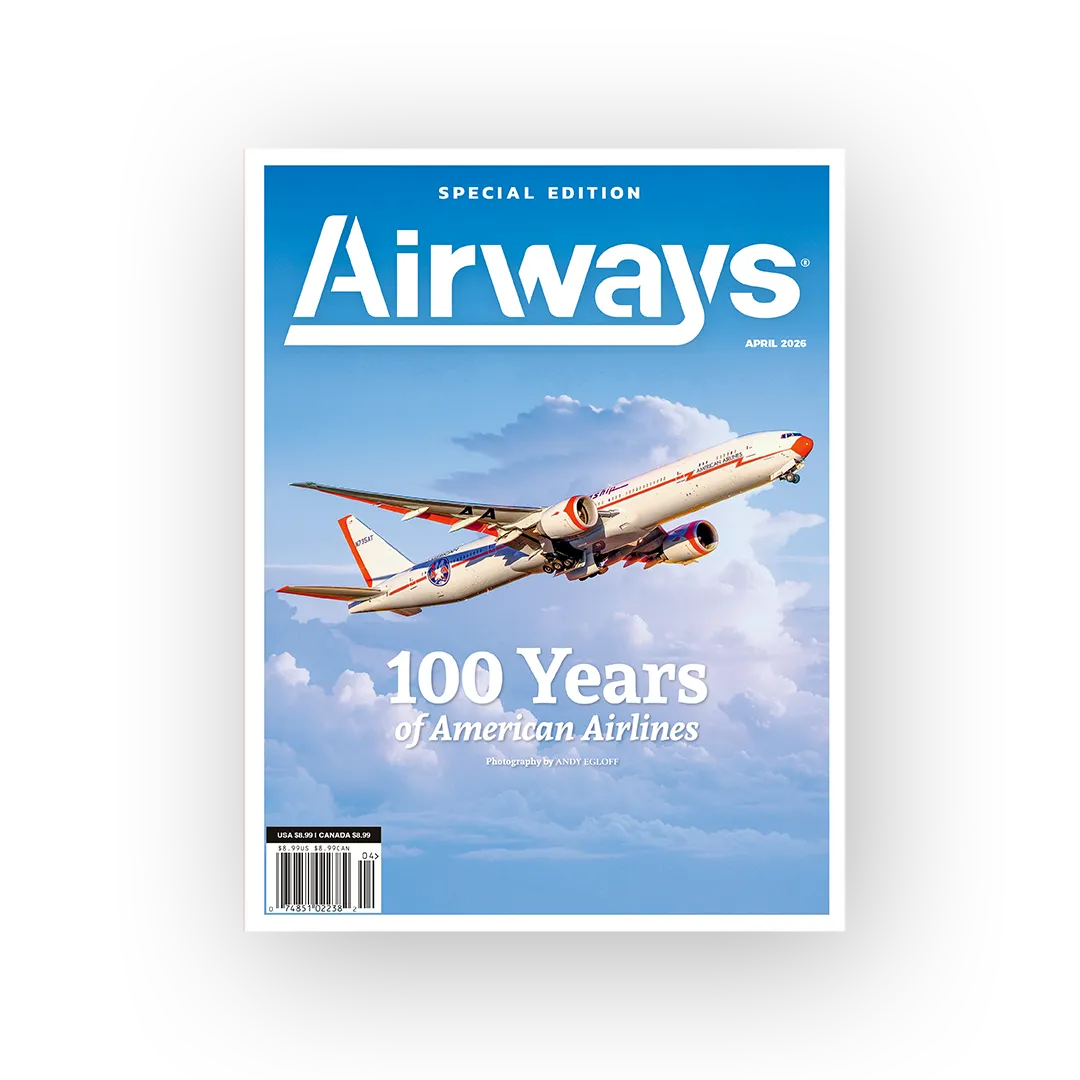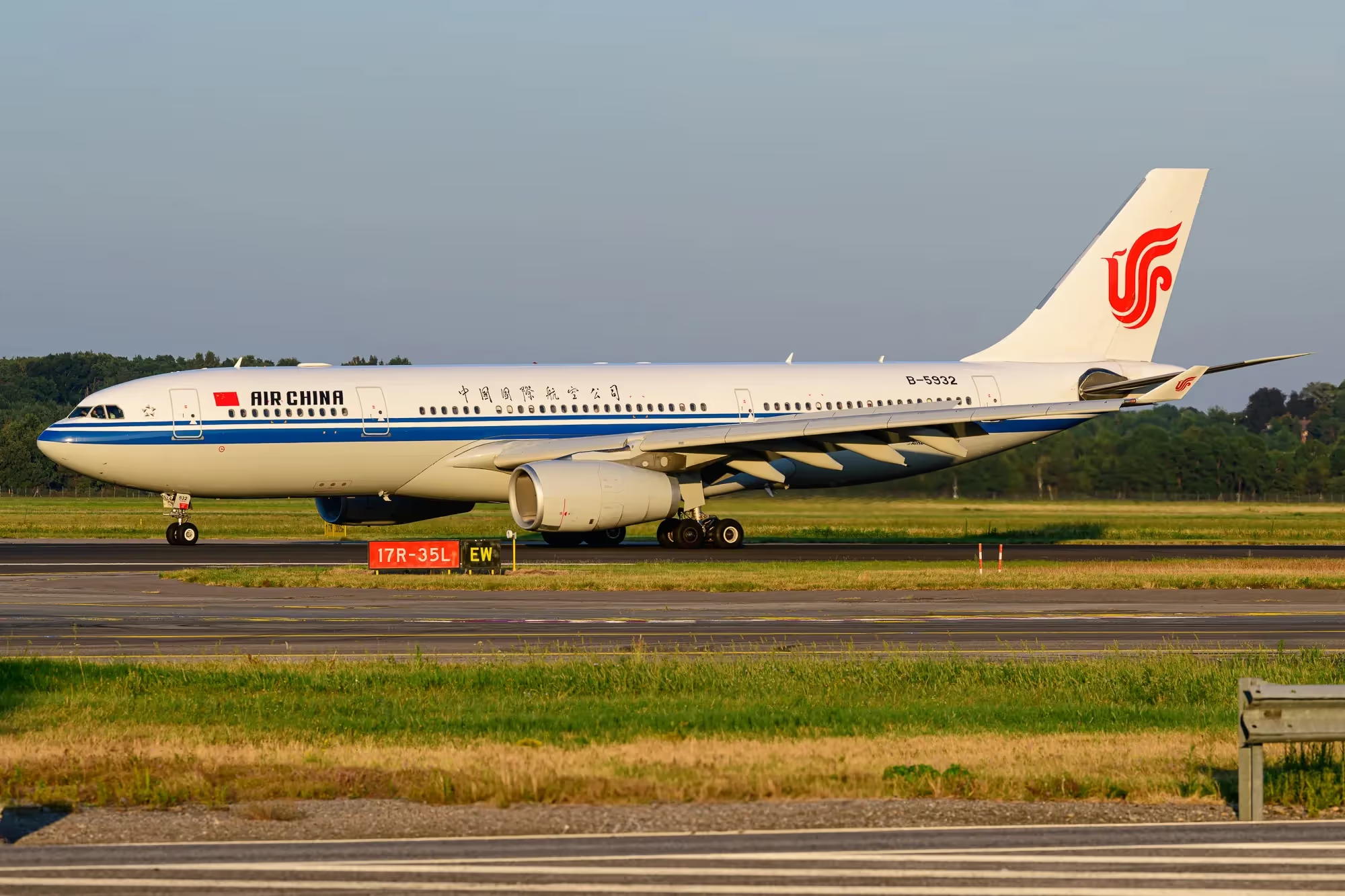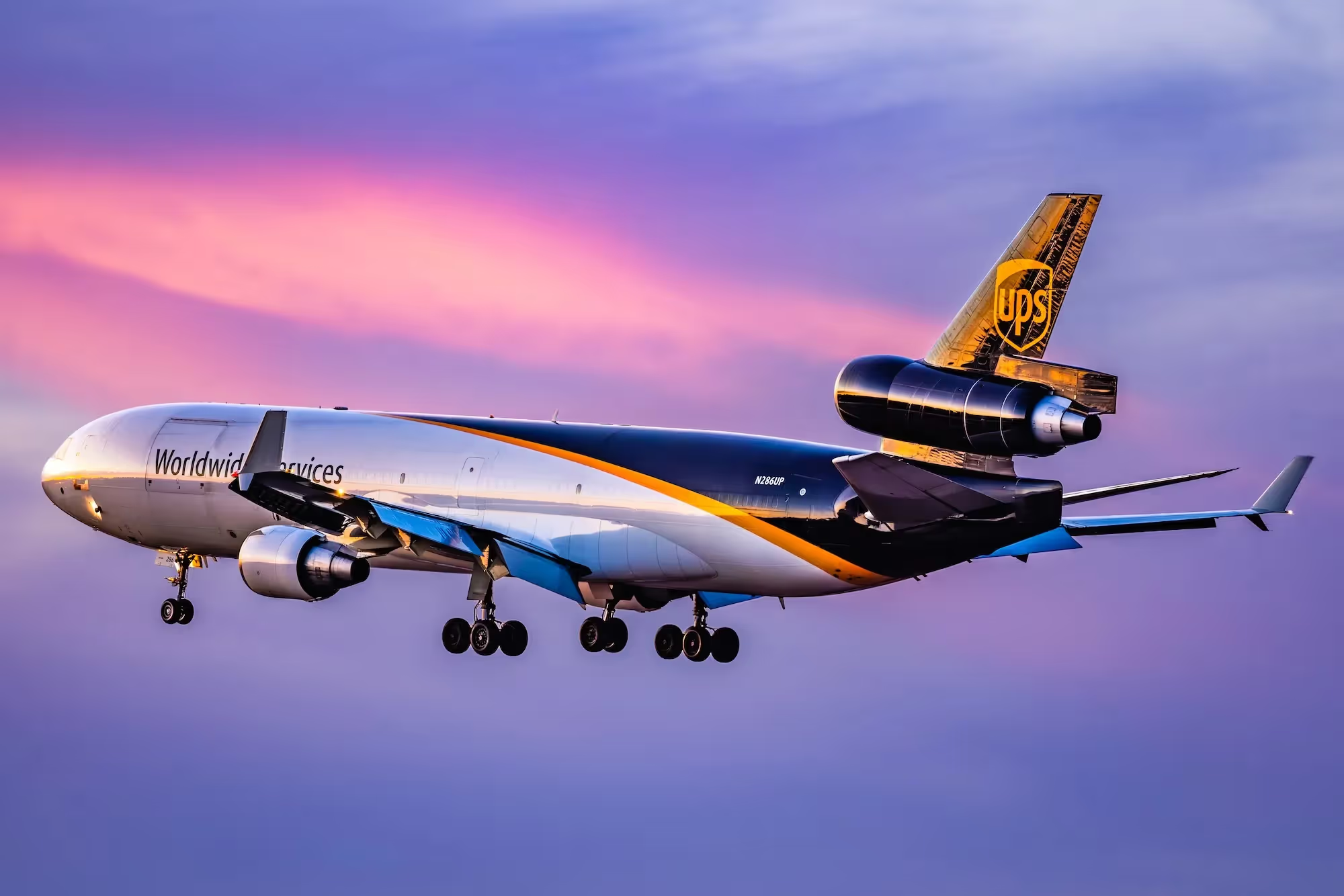DALLAS — TUI fly (TB) will withdraw all its long-haul operations from Brussels Airport (BRU) at the end of winter 2025-2026.
After a further fleet and operational sustainability review, Arjan Kers, Managing Director for TUI Belgium and the Netherlands, discontinued long-haul flights from BRU.
Kers elaborated on the reasons for the decision, "We only have one long-haul aircraft [Boeing 787] in Brussels, which is not enough to sustainably continue the operation.” He added that the airline would relocate long-haul services “within other operations of the TUI Group."
Fleet Consolidation Across TUI’s Network
The aircraft relocation follows a previous transfer of a 787 to the Dutch wing in early 2024. That aircraft now operates as PH-TFJ and is based at Amsterdam Schiphol (AMS), where the Dutch division operates a dedicated long-haul fleet.
The final 787 to join the Belgian-registered 787 fleet is destined for repositioning. TB Belgium's remaining fleet will consist solely of Boeing 737s and Embraer E195-E2.
Kers asserted the group is committed to maintaining intercontinental travel options through partnerships.
This will likely ease competition on specific leisure-oriented routes. TB's direct services to PUJ, CUN, and CUR will cease; however, other carriers, whether European legacy airlines or leisure-oriented competitors, will likely replace these routes.
The airline's decision mirrors a broader trend within TUI Group. By merging long-haul services in key hubs such as the Netherlands, the airline tries to improve its efficiency without scattering its fleet worldwide.
Long-Haul Consolidation in the Netherlands
Although there was speculation on whether the displaced 787 from TB Belgium would be assigned to TUI fly Netherlands, Kers stated that AMS currently has no further slot capacity for long-haul aircraft.
According to Kers, the Dutch division now operates four 787s. The carrier will continue with its strategy of maintaining stable frequencies.
With long-haul withdrawing from Belgium, TB will focus on medium-haul expansion:
- Leisure destinations in Southern Europe, North Africa, and the Canary Islands
- More seasonal flights to peak holiday destinations.
- Possible fleet optimization with new-generation narrowbodies
This fits into the more extensive restructuring efforts at TUI Group.
Aviation Market Response
Following the absence of TB's 787 operations from BRU, other airlines may take advantage of the increased capacity. Other competing leisure airlines, such as Air Belgium (KF), Air France-KLM (AF/KL), and Condor (DE), operate strong long-haul leisure networks.
Belgian tourists seeking direct intercontinental holiday routes may have to use AMS or alternative airlines available from BRU.
Use NordVPN for fast and secure streaming at home or traveling—no bandwidth or data limits for VPN traffic. Connect up to 10 devices with one account to protect you and your loved ones during your journey. Get 72% off NordVPN's 2-year plan today!



.avif)
.avif)
.avif)
.avif)
.avif)





.avif)